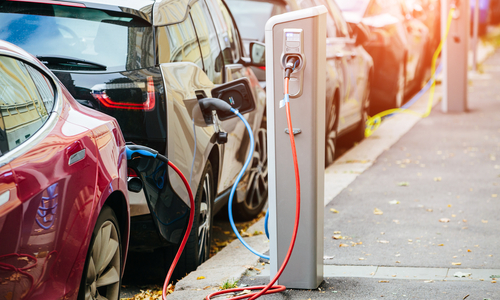Autonomous vehicles are becoming more and more common, but some worry about the risks that come along with them. Like most things, humans cause the biggest risks by doing unpredictable things, such as failing to look both ways before crossing the road. For instance, what happens when a driverless car has to choose between hitting a person who darts in front of the car or swerving onto the sidewalk and possibly hitting multiple others? At RSA 2016, experts dug into the artificial intelligence that will ultimately make the judgement calls.
Patrick Lin, Director of Ethics and Emerging Sciences Group at California Polytechnic State University, said that testing will play the biggest role in determining how cars will (or should) respond.
"You have to isolate your design principles and test them. Is the car going to be designed to always obey the law or always protect the user? You have to examine how that would work, test it and see if it breaks," said Lin.
Some experts believe that for the time being, Google and other major players will stick with the "hands off" approach. This means that in an emergency situation the car will turn controls back over to the driver. To me, this sounds like a lawsuit waiting to happen, and some experts also see major red flags. For example, what if you are digging around in the back seat when someone steps out in front of the car?
Ethics and morals will play a big role in the debate over autonomous cars, and that's just scratching the surface. Hackers have already proven that they can tap into vehicles; imagine if they tapped into a driverless car, or possibly a whole fleet of them. One thing is certain in all of this, and it's that the future is now. The thought of a driverless car on the roadway is no longer a distant idea—it's now a reality.




